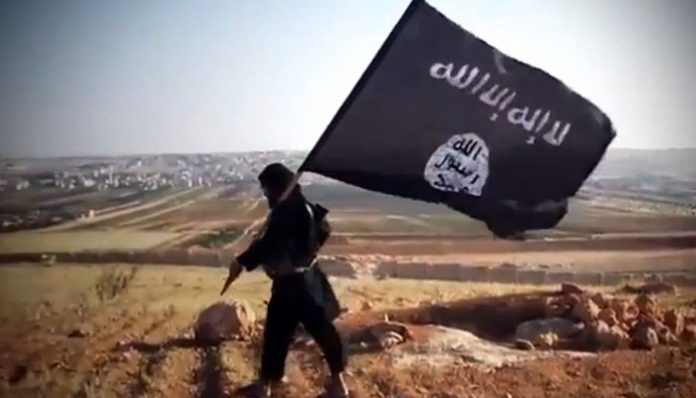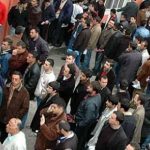Abu Mansour al Maghrebi, a high-ranking militant of the Islamic State in Iraq and Syria (ISIS) terrorist group, claimed that Turkey’s President Recep Tayyip Erdoğan wanted to meet with him in private in the context of negotiations between ISIS leaders and the Turkish government.
“I was about to meet him but I did not. One of his intelligence officers said Erdogan wants to see you privately but it didn’t happen,” Abu Mansour told two researchers from the International Center for the Study of Violent Extremism (ICSVE).
Anne Speckhard and Ardian Shajkovci described him as “the ISIS ambassador to Turkey” due to his mission to conduct negotiations with Turkish intelligence mostly on issues regarding the Turkish border.
As was mentioned several times by other ISIS militants, Abu Mansour confirmed that Turkey was helping ISIS with food and water as well as treatment in Turkish hospitals, but he said Ankara did not send any weaponry to the terrorist group.
“No one can accuse the Turkish government that they gave us weapons, because we got weapons from different sources. Actually, we didn’t need to get weapons from Turkey,” he explained, noting that the Turkish-backed Syrian armed opposition soldiers would trade their weapons for a pack of cigarettes. “Anti-government Syrian people provided us with weapons; many mafias and groups traded weapons to us.”
“In Syria the oil was enough to pay for the weapons and everything needed,” he said, adding that oil was mostly sold to Turkey through middlemen.
According to Abu Mansour, diplomacy between the Turkish government and ISIS was based on the “benefit of both sides.”
“This is the Islamists’ ideology of Erdogan,” Abu Mansour explained, adding: “They wanted all of the north of Syria. That is what the Turkish side said [they wanted], to control the north of Syria, because they have their real ambitions. Actually, we talked about what Erdogan said in public [versus what he really desired]. This part of Syria is part of the Ottoman states.”
Although not every Turkish official was in favor of the idea during their meetings at Turkey’s Intelligence Organization (MİT) buildings or military barracks, Abu Mansour claimed that “since they are a NATO state they cannot make NATO angry against them. So, they cannot deal directly with the situation, but they want to destroy the Kurdish ummah, so they deal with the situation [via ISIS] and get benefits from the Islamic State.”
On the side of ISIS, he said: “It’s a big benefit to Dawlah, as they could protect our back. Approximately 300 km of our border is with them. Turkey is considered a road for us for medications, food – so many things enter in the name of aid. The gates were open.”
He also claimed that Ankara was trying to play a “double game” with its Western allies in 2014 when it was allowing “foreign fighters into Syria but make it appear as though they were taking measures to prevent it.” He added that Turkish intelligence wanted to control these border crossings through negotiations with ISIS.
When asked about ISIS attacks in Turkey, including a 2016 airport shooting and 2015 Ankara bombing prior to a general election, Abu Mansour asserted that the orders for those attacks did not come from Raqqa, the headquarters of the terrorist group.
“These orders for these attacks in Turkey were from those MIT guys inside [ISIS] but not from our political side. They didn’t want to destroy Erdogan, just change his road in the matter of the Syrian issue. They wanted him to use his army to attack Syria, and to attack [ISIS]. The airport attack makes a good excuse for him to come into Syria,” he claimed.
According to Abu Mansour, Turkey released approximately 500 ISIS prisoners in order to get back its consular personnel taken hostage by ISIS militants in 2014 when they captured Mosul in northern Iraq.
Source: Turkish Minute



